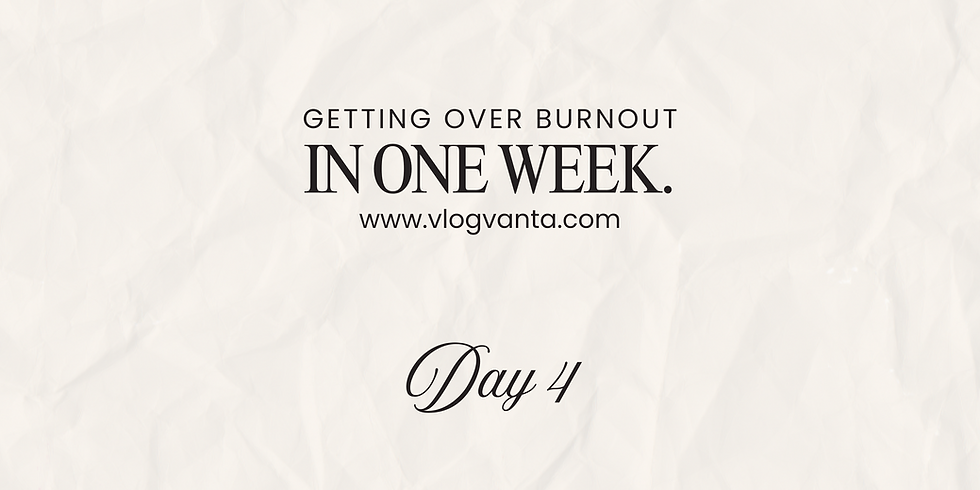When you don't know how to study
- Yuviana Sachar
- Apr 14, 2025
- 3 min read
TL:DR; when you don't know how to study, your perosnality type can help you
If you have NO IDEA how to study, this might help.
Step 1: Take the MBTI test
Step 2: Come back to this article
Step 3: Go through the process of Trial and Error!
I think we’ve all taken the Myers-Briggs personality test. It gives you a set of 4 letters that seem random (and they kind of are) and a title. It categorizes individuals into 16 personality types using four dichotomies: Introversion (I) vs. Extraversion (E), Sensing (S) vs. Intuition (N), Thinking (T) vs. Feeling (F), and Judging (J) vs. Perceiving (P).
There are 8 billion people on earth, and categorizing them into 16 personality types is bound to end in rigidity and generalization. The test faces a lot of criticism like:
Lack of Scientific Validity – The Myers-Briggs test is based on Carl Jung’s untested theories, and multiple studies have found that it lacks empirical support. Psychologists do not consider it a reliable or valid measure of personality.
Inconsistent and Unreliable Results – Around 50% of people get a different personality type when they retake the test after a few weeks, indicating that it does not measure stable personality traits.
Oversimplified and Misleading Binaries – The test forces people into rigid categories (e.g., introvert or extrovert) even though most personality traits exist on a spectrum, leading to inaccurate and exaggerated classifications.
So not a great start to the article, but these tests do hold some value and could provide some value (if you care enough to experiment). It can be found in your personal studying style. This post is quite on the fence, and will only benefit people who can pick and choose what they feel they relate with.
Study Strategies:
I. Introverts (I) vs. Extraverts (E)
Introverts prefer quiet, independent study sessions and need time to process information internally. When these introverts do have questions that need answering, a supportive learning environment and one on one attention can help them feel more comfortable.
Extroverts learn best through interaction and discussion. A study group or teaching concepts to others help them to engage in verbal processing.
II. Sensors (S) vs. Intuitives (N)
Sensors (people who gather information through their fives senses and past experiences) are practical learners that benefit from step by step instructions and hands on learning.
Intuitive (people who gather information through possibilities and future oriented thinking) find it easier to follow along mind maps and analogies. They can benefit from familiarizing themselves with extra information.
III. Thinkers (T) vs Feelers (F)
Thinkers gravitate to logical explanations. It is easy for them to follow patterns and structured outlines.
Feelers prefer emotional connects and personal relevance in learning. Again, group discussions and storytelling might help them understand these concepts better.
IV. Judgers (J) vs. Perceivers (P)
Judgers are organized and thrive under pressure. They respond well to structured learning systems like the traditional schooling system. (Lucky)
Perceivers are more flexible and can’t schedule it all out, they prefer spontaneity. This trait can get hard to deal with in the traditional schooling system and they greatly benefit from setting small goals to stay on track.
MBTI is NOT a scientifically rigorous personality model, it does offer useful insights into study habits and personal preferences. These principles might mean nothing to you but for some can help them understand their studying styles.



Comments